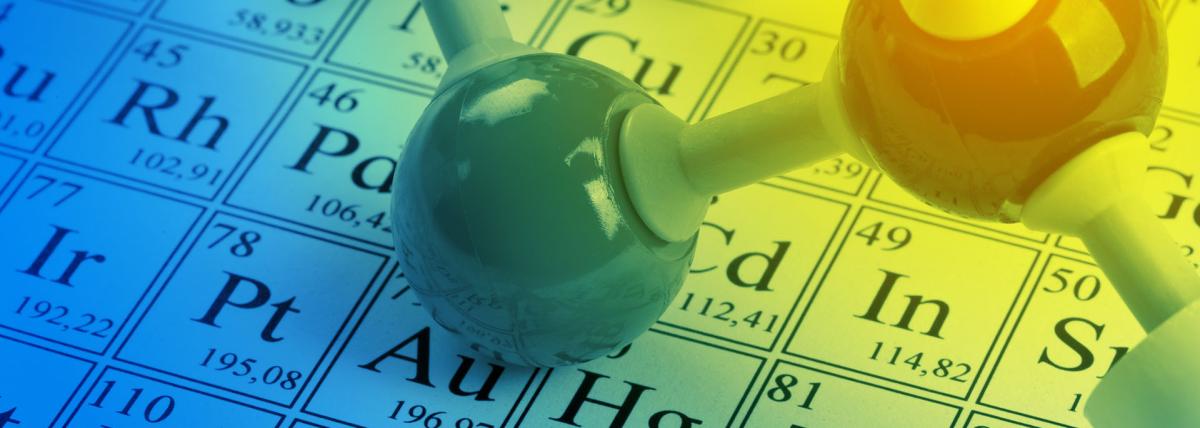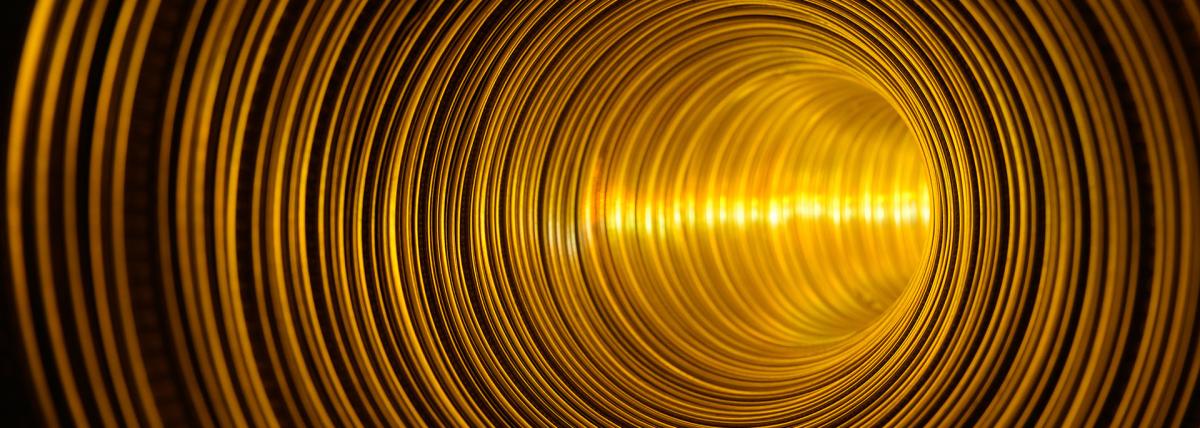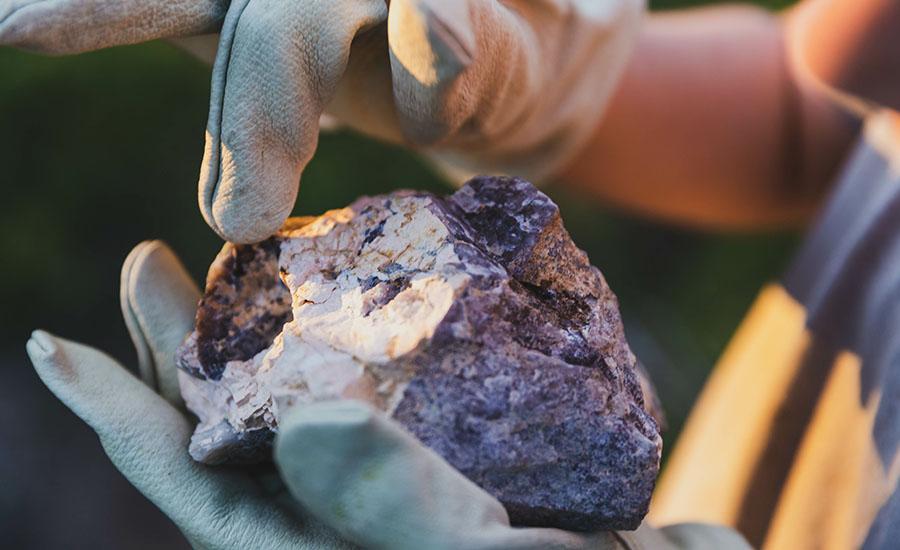
Featured
Makey Makey Storyboards
Grades:
Kindergarten, 1st Grade, 2nd Grade, 3rd Grade, 4th Grade, 5th Grade, 6th Grade, 7th Grade, 8th Grade, 9th Grade, 10th Grade, 11th Grade, 12th Grade
This lesson takes students through the process of creating an interactive storyboard using a Makey Makey circuit board. This lesson can be adjusted for any grade level with examples given in the 4th

Featured
Best Class Plant
Grades:
1st Grade, 2nd Grade, 3rd Grade
This lesson is centered around the book, The World's Best Class Plant. It is intended for 1st-3rd grade. Ideally, teachers would use this lesson at the beginning of the year so they can have their

Grades:
1st Grade, 2nd Grade, 3rd Grade
In this lesson, students design, build and test model candy cars made from simple materials. They measure the changes in distance and travel by the addition of revision of design features. Students

Grades:
4th Grade, 5th Grade, 6th Grade, 7th Grade, 8th Grade, 9th Grade, 10th Grade, 11th Grade, 12th Grade
The Micro:bit prototyping academy is designed to teach students the basic commands and features in order to innovate their own device. They will learn the input commands, variables and conditional

Grades:
2nd Grade
Students will observe and explain the sun’s position at different times over part of a twenty-four-hour period by creating a sundial. They will measure the shadow cast with a ruler using different

Grades:
4th Grade, 5th Grade, 6th Grade, 7th Grade, 8th Grade, 9th Grade, 10th Grade, 11th Grade, 12th Grade
Learn how to train your own Artificial Intelligence neural network without the complexities of coding. Google's (free) Teachable Machine is a web-based tool that makes it easy to train your computer

Grades:
2nd Grade
In this lesson students use non-standard units of measurements to measure various objects and graph the length of each object. Students realize that by not using a standard unit of measurement, their

Grades:
Kindergarten, 1st Grade, 2nd Grade
In this lesson, K-2 students will plant seeds and use technology to track the growth of their plants. Through hands-on activities and observation, students will learn about the basic needs of plants

Grades:
Kindergarten, 1st Grade, 2nd Grade
This lesson is designed for K-2 students to explore and understand weather patterns using technology. Over the course of 45 minutes, students will use tablets or computers to gather real-time weather

Grades:
7th Grade, 8th Grade
This lesson has students examining isochron maps of the Earth's seafloor and looking for patterns to support evidence of continental drift. A prerequisite include a previous lesson of continental

Grades:
8th Grade
Students will review heredity and genetics using this lesson plan. Students will have an opportunity to explore generations, genetic variations, pedigrees and fitness using this lesson plan and PhET

Grades:
8th Grade
Students will begin looking at how substances are made up of elements and use a model to show how atoms can arrange to make substances and then rearrange to make other substances. Students start by

Grades:
8th Grade
This is an 8th-grade lesson designed to help students refine their thinking about how sound travels through a medium. It includes a computer simulation to help students visualize particle movement and

Grades:
7th Grade, 8th Grade
Part 2 (this lesson) is students learning how the body sends electrical signals through the muscles (if not covered Part 1’s research) by coding a Micro:bit to read the electrical currents

Grades:
2nd Grade
This lesson will allow students to review their understanding of physical and chemical properties and emphasize the difference between physical and chemical changes as well as deepen their

Grades:
7th Grade, 8th Grade
Part 1 of 3: Students begin to research and frame the problem around creating a working prosthetic hand. In Part 1, students will be introduced to prosthetic arms and their uses. Students will then

Grades:
6th Grade, 7th Grade, 8th Grade, 9th Grade, 10th Grade, 11th Grade, 12th Grade
Are your students fans of Formula 1? If they are or aren't this lesson will take a look into the dominance of Red Bull Racing in Formula 1. Why is Red Bull so dominant? Is it the driver or the

Grades:
4th Grade, 6th Grade, 7th Grade, 8th Grade
In this engaging two part project, we will delve into the world of circuits, 3D modeling using Tinkercad, and hands-on fabrication. By designing and creating your own LED card and pendant, you will

Grades:
4th Grade, 6th Grade, 7th Grade, 8th Grade
In this engaging two part project, we will delve into the world of circuits, 3D modeling using Tinkercad, and hands-on fabrication. By designing and creating your own LED card and pendant, you will

Grades:
3rd Grade, 4th Grade, 5th Grade, 6th Grade, 7th Grade, 8th Grade, 9th Grade
An overall view of mining, minerals, and their role in our everyday life. This lesson compares the past, present and future of mining and it's relativity to sustaining our way of life.

Grades:
6th Grade, 7th Grade, 8th Grade
This lesson is a follow up to a previous STEM contest lesson that detailed the KIDStruction opportunity & focused on the design phase. This lesson is intended to support the building phase and is

Grades:
2nd Grade
This 2nd grade lesson incorporate the book, We are Water Protectors by Carole Lindstrom, and Ozobots. Students will discuss the beginning and ending of the story and discuss how characters respond to

Grades:
7th Grade, 8th Grade, 9th Grade, 10th Grade, 11th Grade, 12th Grade
Students will use projectile motion as practical example to better understand how parabolas (quadratic equations) are built. Students will also tabulate x and y values on Google Spreadsheets and graph

Grades:
6th Grade, 7th Grade, 8th Grade
Middle school students love to compete. Here's a lesson idea for a competition that will appeal to your student scientists, artists, and poets alike. Standards and connections are offered for middle


